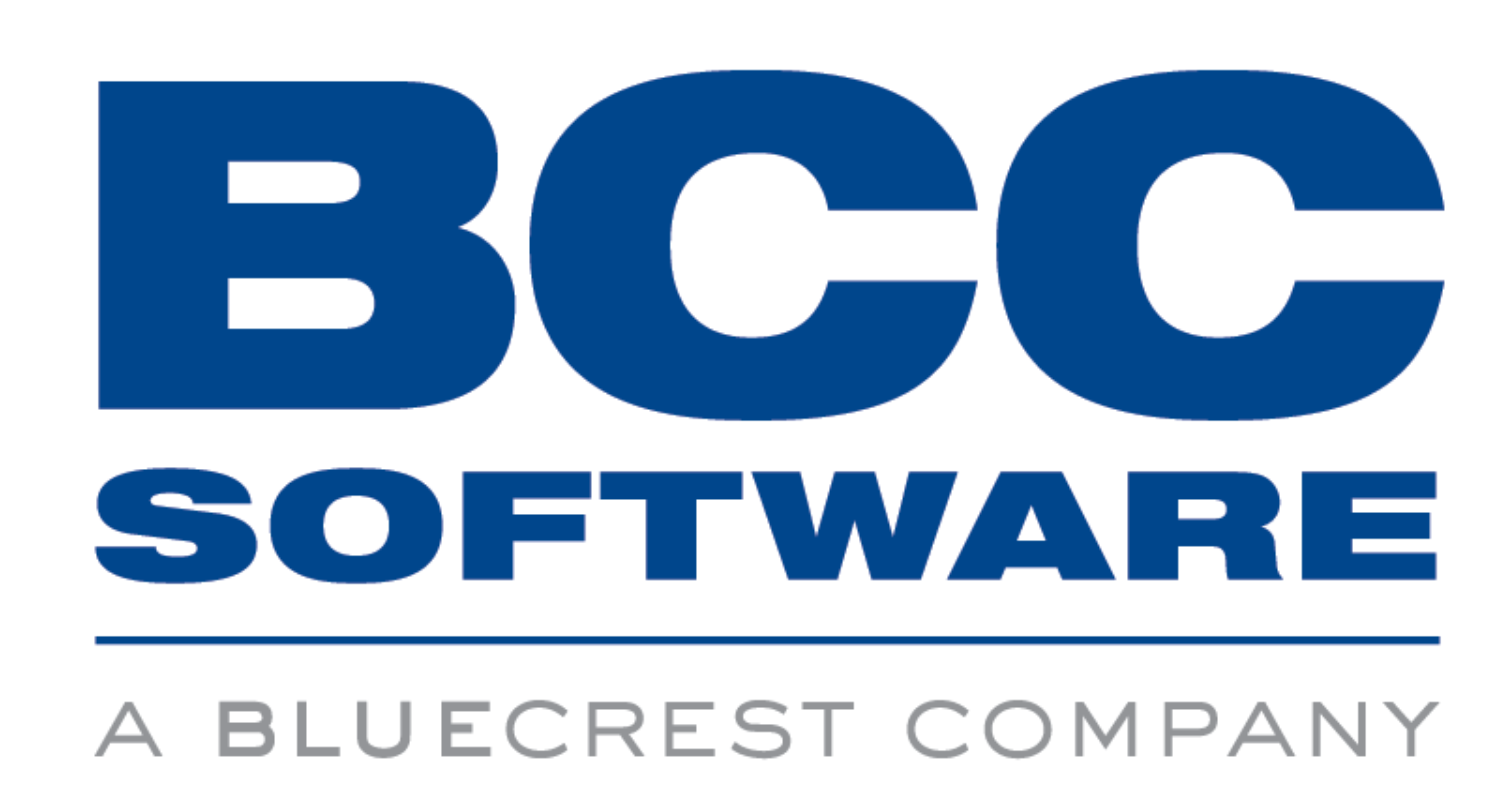Hardware Considerations for BCC Mail Manager Performance
With constantly improving technology, it is important to keep your systems up to date to get the most out of your software. To address the numerous questions that BCC Software’s Customer Support department has received concerning software performance and hardware use for BCC Mail Manager™ platforms, we sought to create a reference you can rely on.
First things first, how do you use the program?
The first thing to consider is how you use the program. Do you have one processing machine for BCC Mail Manager that runs all your jobs? Or do you have several clients over which the workload is split? In either case, the central machine or server is going to be the most important for hardware considerations.
Now let’s consider jobs – what kind of jobs do you process? A company that processes one large job a day will ultimately have different needs than a company who processes a hundred small jobs a day. It’s also important to understand how the jobs you process move through the program. Do you process in parallel, having multiple jobs running at the same time, or do you process in serial, letting each job finish before the next? Keeping these distinctions in mind will allow you to make the right decisions when it comes to procuring hardware for use with BCC Mail Manager.
So, what hardware needs to be considered?
Up first, the Central Processing Unit, or CPU. This is the primary workhorse of your machine. It handles all calculations and operations needed to run your computer. When considering performance of the CPU, the primary concerns are clock speed, meaning how many calculations can it perform per second, and core count, which is how many processing units the CPU has in order to perform calculations.
If you generally process large jobs and do not run them simultaneously, then clock speed will likely be the defining factor for what kind of hardware needs to be updated. Since the program is only handling one job at a time, the speed at which it processes that job, and thus how quickly it can start a new job, is key. Even if you process many small jobs per day, unless you run in parallel, clock speed will still be more important than core count.
As soon as you start parallel processing, you move into the territory where number of cores is more important. Clock speed will still affect how quickly any given job finishes, but with more cores it will be able to push through more jobs at the same time without having to queue them.
Now let’s discuss Random Access Memory, or RAM. This is the short-term memory of your machine, storing data that is currently needed for any given operation. RAM is measured in GigaBytes(GB), noting the speed in which data can be accessed. For example, BCC Mail Manager can only use 4GB itself, while Windows uses 2 to 4GB at any given time for background processes. With this in mind, choosing a system with 8GB of RAM is a good target. You will also want to factor in any other programs that might need to be running at the same time and what kind of usage those programs require.
What about storage?
Last, but certainly not least, is storage. Historically, storage read/write speed is the primary bottleneck for BCC Mail Manager processing. There are two types of storage drives – the traditional Hard Disk Drive (HDD) and the faster, but more expensive, Solid State Drive (SSD). The main difference between the two is that the HDD reads from a spinning disk which must be rotated to the correct place to be read. An SSD involves a chip of flash memory and can be accessed much quicker as no physical change to the media is required to read it. The program needs to reference hundreds of postal records and write dozens of files out to store and output your data.
That being said, BCC Mail Manager thrives when using SSDs as it can access and output data much faster. But since the storage is limited by the interface with your computer, having all your data pass through a single line can still cause issues. The general rule here is to have one drive for Windows and another for BCC Mail Manager to ensure optimal performance. The windows drive can be either an HDD or SSD, it won’t affect the performance of BCC Mail Manager directly. However, it will affect boot times and general system responsiveness.
It is also worth considering a third drive just for CASS™ files – this can be as simple as a USB thumb drive with an 8GB capacity or can be another entire internal drive. Splitting this out from the program and Windows should significantly improve the CASS processing speed.
Armed with all of this information, you are now ready to choose or update hardware that works best for your company. Ideally look for a high speed, 2 to 4 core CPU with 8GB of fast RAM and consider 2 to 3 drives. With any hardware purchasing decision, there are always a larger number of considerations, but we encourage you to use this reference for the most distilled and relevant considerations as it pertains to BCC Mail Manager.
If you have any questions, please contact Customer Support at 800.624.5234.
